Tomato paste, long recognized for its rich nutrient content, has become an unusual but effective solution for parents seeking healthier alternatives for their infants’ diet. This article delves into the world of tomato paste babies, exploring its benefits, applications, and the concerns surrounding this relatively unorthodox approach. 1. A Nutrient-Rich Alternative to Traditional Baby Foods: Tomato paste is derived from ripe tomatoes that are concentrated, cooked, and strained to create a thick and flavorful paste.
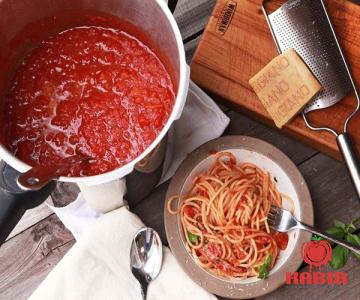
.
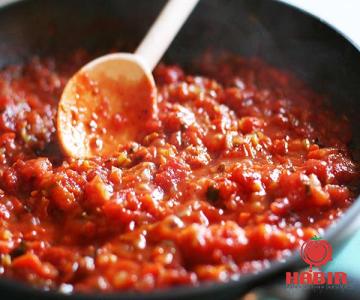 This process effectively preserves the nutrients found in tomatoes, including essential vitamins (Vitamin A, C, E, and K), minerals, and antioxidants. By introducing tomato paste to a baby’s diet, parents can provide a nutrient-rich alternative to conventional baby foods. 2. Supporting Optimal Growth and Development: Tomatoes are famously known for their high lycopene content, an antioxidant that has been associated with various health benefits. Lycopene supports the development of healthy eyesight and helps protect against certain types of cancer. By incorporating tomato paste into a baby’s diet, parents can aid in their child’s long-term growth and development.
This process effectively preserves the nutrients found in tomatoes, including essential vitamins (Vitamin A, C, E, and K), minerals, and antioxidants. By introducing tomato paste to a baby’s diet, parents can provide a nutrient-rich alternative to conventional baby foods. 2. Supporting Optimal Growth and Development: Tomatoes are famously known for their high lycopene content, an antioxidant that has been associated with various health benefits. Lycopene supports the development of healthy eyesight and helps protect against certain types of cancer. By incorporating tomato paste into a baby’s diet, parents can aid in their child’s long-term growth and development.
..
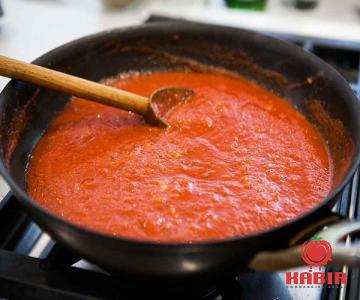 3. Versatile Applications in Baby Food Preparation: Tomato paste can be used as an ingredient in a variety of homemade baby food recipes, adding both nutritional value and taste. It can be mixed with other vegetables or fruits to create flavorful combinations that appeal to a baby’s developing palate. The vibrant color and natural sweetness of tomatoes can also act as a visually appealing introduction to different flavors. 4. Addressing Concerns and Ensuring Safety: While tomato paste can be a beneficial addition to a baby’s diet, it is important for parents to exercise caution and follow proper guidelines.
3. Versatile Applications in Baby Food Preparation: Tomato paste can be used as an ingredient in a variety of homemade baby food recipes, adding both nutritional value and taste. It can be mixed with other vegetables or fruits to create flavorful combinations that appeal to a baby’s developing palate. The vibrant color and natural sweetness of tomatoes can also act as a visually appealing introduction to different flavors. 4. Addressing Concerns and Ensuring Safety: While tomato paste can be a beneficial addition to a baby’s diet, it is important for parents to exercise caution and follow proper guidelines.
…
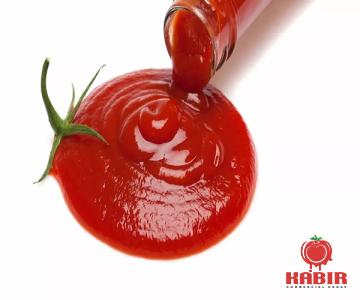 Introducing tomato paste should start gradually, ensuring there are no adverse reactions or allergies. Additionally, organic or homemade tomato paste should be preferred over commercial varieties to reduce the risk of additives or preservatives. 5. Consulting with Pediatricians: As with any significant dietary changes for infants, it is crucial to consult with a pediatrician or a qualified nutritionist before introducing tomato paste to a baby’s diet. They can provide personalized guidance, addressing concerns and verifying the suitability of tomato paste for a particular child’s needs. Conclusion: The concept of tomato paste babies may be unconventional, but it presents a unique and nutritious approach to infant feeding. The abundance of nutrients, versatile applications, and potential health benefits make tomato paste an intriguing option for parents looking to provide a wholesome and diverse diet for their little ones. However, it is important to approach the introduction of tomato paste with care, seeking professional guidance to ensure the safety and well-being of the child.
Introducing tomato paste should start gradually, ensuring there are no adverse reactions or allergies. Additionally, organic or homemade tomato paste should be preferred over commercial varieties to reduce the risk of additives or preservatives. 5. Consulting with Pediatricians: As with any significant dietary changes for infants, it is crucial to consult with a pediatrician or a qualified nutritionist before introducing tomato paste to a baby’s diet. They can provide personalized guidance, addressing concerns and verifying the suitability of tomato paste for a particular child’s needs. Conclusion: The concept of tomato paste babies may be unconventional, but it presents a unique and nutritious approach to infant feeding. The abundance of nutrients, versatile applications, and potential health benefits make tomato paste an intriguing option for parents looking to provide a wholesome and diverse diet for their little ones. However, it is important to approach the introduction of tomato paste with care, seeking professional guidance to ensure the safety and well-being of the child.

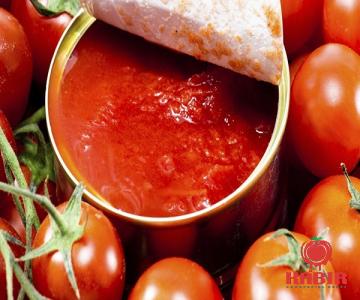

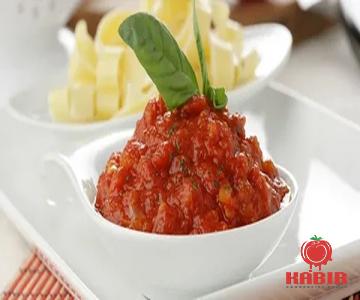

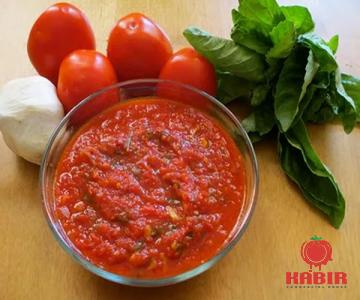
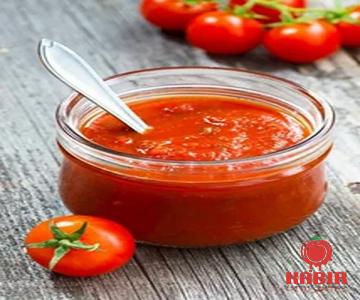


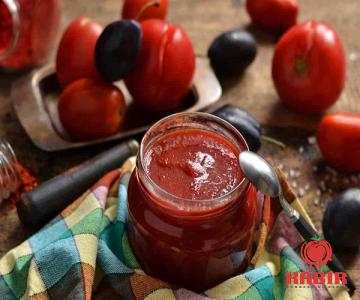
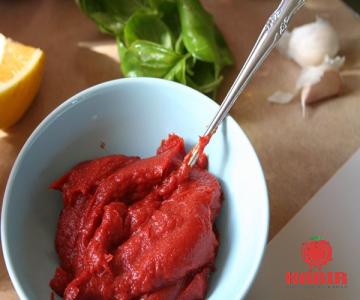
Your comment submitted.